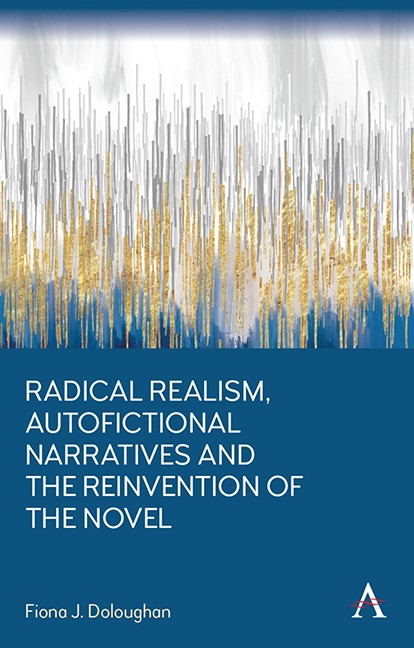Book contents
- Frontmatter
- Contents
- Dedication
- Preface
- Acknowledgements
- 1 Introduction
- 2 Theoretical and Critical Concerns: Key Terms and Arguments
- 3 The Anatomy of a Writer: Karl Ove Knausgaard’s My Struggle
- 4 Companion Pieces: Jeanette Winterson’s Why Be Happy When You Could Be Normal? in Relation to Oranges Are Not the Only Fruit
- 5 A Cross-Cultural Memoir: Xiaolu Guo’s Once Upon a Time in the East
- 6 Rachel Cusk’s Search for New Forms: Self-Projection and Refraction in Fiction and Non-Fiction
- 7 Conclusion
- References
- Index
2 - Theoretical and Critical Concerns: Key Terms and Arguments
Published online by Cambridge University Press: 15 November 2023
- Frontmatter
- Contents
- Dedication
- Preface
- Acknowledgements
- 1 Introduction
- 2 Theoretical and Critical Concerns: Key Terms and Arguments
- 3 The Anatomy of a Writer: Karl Ove Knausgaard’s My Struggle
- 4 Companion Pieces: Jeanette Winterson’s Why Be Happy When You Could Be Normal? in Relation to Oranges Are Not the Only Fruit
- 5 A Cross-Cultural Memoir: Xiaolu Guo’s Once Upon a Time in the East
- 6 Rachel Cusk’s Search for New Forms: Self-Projection and Refraction in Fiction and Non-Fiction
- 7 Conclusion
- References
- Index
Summary
Purpose and Scope
The introductory chapter set the scene in terms of the scope and substance of the monograph, sketching out the literary contexts in relation to which analysis and discussion of the work of the four writers selected will proceed. Against this contextual backdrop, it drew attention to the fact that some of their works have raised classificatory and generic questions and garnered strong critical reactions, both positive and negative, as they push against narrative conventions and seek forms of expression and literary modes which they deem to be more attuned to their creative and critical purposes. While the chapters which follow will be devoted to detailed discussion of the work of each of the writers selected, namely Karl Ove Knausgaard, Jeanette Winterson, Xiaolu Guo and Rachel Cusk, the purpose of the current chapter is to put f lesh on the bones of the theoretical and critical concerns of the book and to provide some further definition of the key terms and elements of what is a complex and nuanced argument as it relates to the specifics of the production of the different writers under consideration.
It will do this, not in a vacuum, but by grounding terminology in the literary and critical contexts that give rise to it and will preview key elements of the argument through reference to the work of the writers under scrutiny. This performs two key functions: to ensure that statements made are illustrated with reference to actual literary production and to the contexts out of which that production emerges; it will also provide validation of the views of writers as well as those of theorists and critics, since often it is writers, rather than critics, who are in the vanguard of what might be considered ‘theoretical’ developments by virtue of disrupting the status quo in their work.
The monograph is essentially concerned with a twenty-first century literary context in which questions are being asked by many writers about the value of the novel and of the role and extent of fiction and fabrication in writing.
- Type
- Chapter
- Information
- Publisher: Anthem PressPrint publication year: 2023

